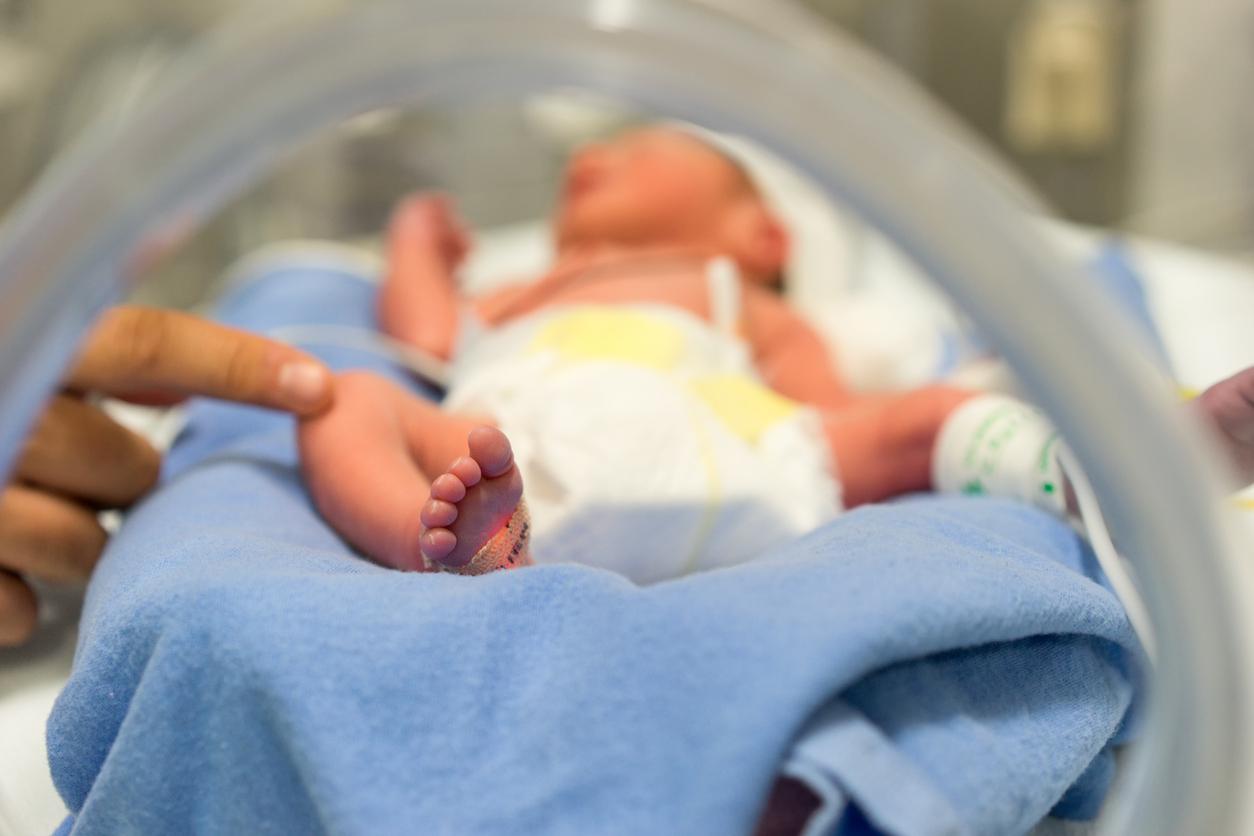14% of people born before the 29th week of pregnancy have panic disorder.

- We speak of panic disorder when a person suffers from episodes of acute anxiety attacks that recur for a month or more.
- Researchers have studied the links between the occurrence of panic disorder and prematurity.
- “Our study provides the first evidence that prematurity is associated with an increased risk of panic disorder later in life,” they said in their report.
A study has just revealed that very premature babies have a significantly higher risk of developing panic disorder later in life.
This research involved 427 participants born between 1969 and 2002, all adults* at the time of analysis.
The members of the cohort were classified into different groups: people born at term (after at least 37 weeks of pregnancy), people moderately premature (born between 33 and 36 weeks), people very premature (born between 29 and 32 weeks) and extremely premature people (born between 29 and 32 weeks).
The potential presence of a panic disorder in all these individuals was assessed using the Patient Health Questionnaire (PHQ).
Panic disorder: women suffer from it more than men
After analysis, the results showed that 18 participants (4.2%) met the criteria for panic disorder and that 14% of people born before the 29th week of pregnancy suffered from it. The prevalence of this mental illness, however, was similar in all other categories of people born after the 29th week of pregnancy, ranging from 2% to 4%.
Other findings from the survey: compared to participants who did not suffer from panic disorder, those who did were more often women, unemployed and people with a lower level of education. Highly distressed people also spent longer periods of time in intensive care at birth, spent more time in incubators, and had higher levels of carbon dioxide in their blood after birth*.
“This study provides the first evidence that prematurity is associated with an increased risk of panic disorder later in life. People born before the 29th week of gestation had a four times higher prevalence of panic disorder than people born eventually”, conclude the authors of the study. “Our research also indicates that the postnatal intensive care stay of premature children could be critically important for their mental health later in life.”they conclude.
What is panic disorder?
We speak of panic disorder when a person suffers from episodes of acute anxiety attacks* which recur for a month or more with the perpetual fear of experiencing another one. “These anxiety attacks occur spontaneously or are triggered by various factors (stress, depression, etc.)”, precise health insurance.
* all aged 18 to 52.
* which indicates difficulty breathing or inadequate lung function.
* also called “panic attacks”.

















